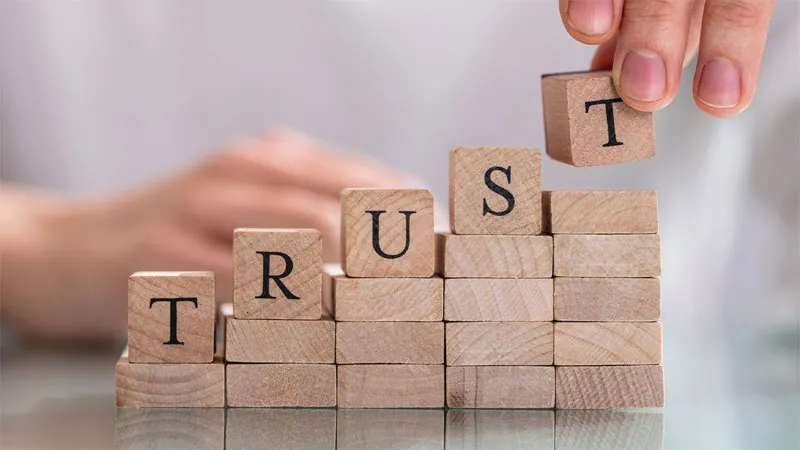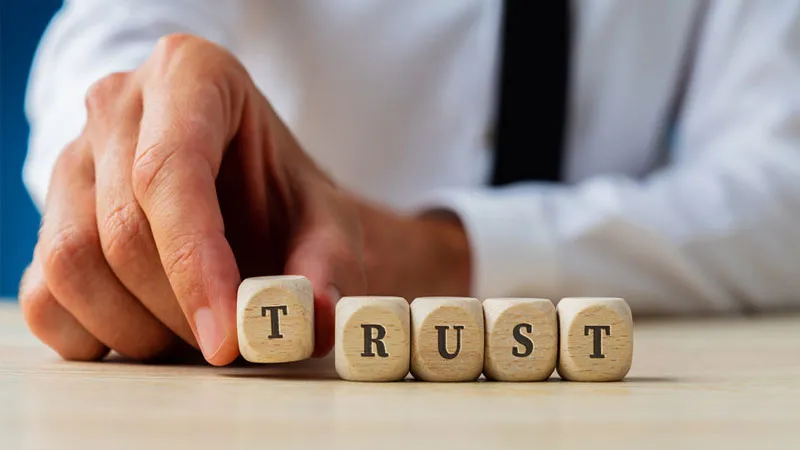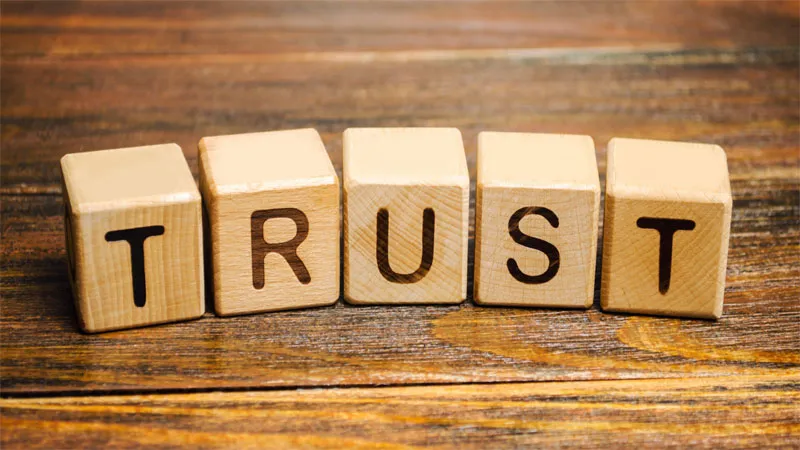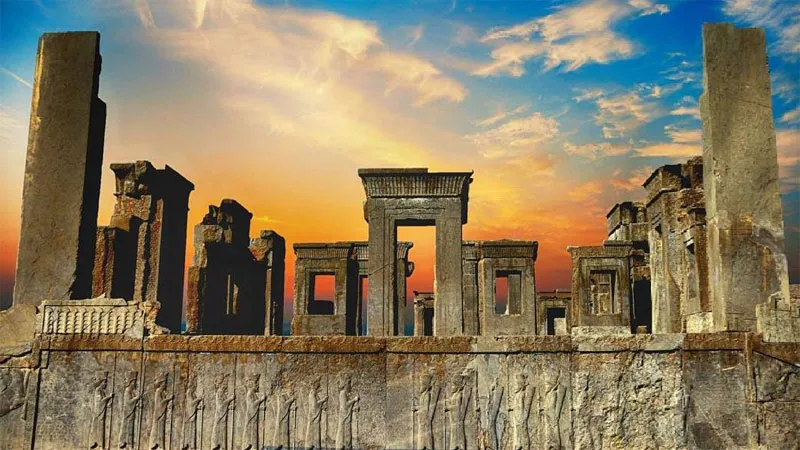Dr. Kamal Azari
For over four decades, the Iranian opposition has issued proclamations, manifestos, and transition proposals with great rhetorical urgency—but little strategic endurance. Despite the appearance of activity and purpose, there is, in fact, no unified or durable Iranian opposition. What exists is a fragmented field of voices, many sincere, but largely disconnected, distrustful, and ethically incoherent.
This essay argues that the problem is not merely one of political repression or tactical error, but of ethical and relational impoverishment. At the heart of this failure lies a lack of trust, not only between leaders and communities, but among individuals who claim to oppose tyranny yet replicate its culture of exclusion and moral superiority.
Drawing on Iran’s own ethical traditions, especially the concept of Mehr, this paper proposes that any viable opposition must begin with the restoration of ethical behavior, personal accountability, and relational trust. The forthcoming book The Cosmology of Mehr explores this framework in greater depth, proposing Mehr not simply as a cultural memory, but as a foundation for future political order. In this essay, Mehr is presented as a means to gradually rebuild trust—from private relationships to public solidarity, and as a corrective to the performance-driven, declaration-based failures of the past.

Introduction
For over four decades, Iranian political dissidents and reformers have issued manifestos, charters, and roadmaps promising transition to democracy.
These initiatives often arise in response to state violence, economic crisis, or geopolitical shocks. While some attract temporary attention, few result in enduring coalitions. Patterns of fragmentation, mistrust, and disappointment repeat across generations.
While many explanations focus on external obstacles, such as state repression, censorship, or exile—this essay focuses on a more internal and persistent challenge: the erosion of interpersonal and communal trust. Political alliances are often attempted in the absence of shared ethical ground. Without trust, even the most coherent vision cannot take root.
This essay proposes that the rebuilding of trust must begin not with institutional design, but with ethical cultivation. It draws on the deep-rooted Iranian tradition of Mehr, a value system that places truthfulness, justice, and compassion at the center of human and political relationships. Mehr is not a modern ideology, but an enduring ethic that predates religious divisions and continues to inform cultural life across Iran. It is offered here not as a singular solution, but as one possible framework through which fragmented communities might begin to reconnect.
The Ethics of Mehr and the Preconditions of Trust
In Iranian cultural memory, Mehr refers to a moral sensibility that emphasizes honesty, mutual recognition, restraint, and compassion. While its roots lie in ancient Zoroastrian thought, where Mithra was the guardian of truth and contracts (Boyce, 1979), its meaning has evolved across time and tradition. In both classical literature and popular practice, Mehr denotes a way of relating to others that affirms dignity without coercion, and truth without humiliation.
Mehr provides an ethical vocabulary that resonates beyond ideology. It does not require religious conformity or political uniformity. Instead, it invites shared behavior: to speak with sincerity, to act with justice, to forgive with wisdom, and to listen with humility. These are not abstractions. They are forms of moral labor that generate reliability, one of the most scarce resources in Iranian political life.
Trust, as defined by Fukuyama (1995), is the expectation that others will behave honorably and predictably in ways that allow cooperation. In societies where institutions are weak or authoritarian, interpersonal trust becomes even more essential. In the Iranian context, where betrayal, surveillance, and moral injury have left deep scars, the cultivation of such trust must be deliberate and ethical in nature.

Finding and Expanding Shared Truth
One of the most powerful yet fragile elements of political life is shared truth. In fractured societies, truth is often experienced in pieces, personal stories of trauma, resistance, compromise, or exile. Rather than forcing consensus, ethical trust-building requires creating space for these truths to be spoken and heard.
Mehr encourages a slow and patient unfolding of truth. This means beginning with private conversations, face-to-face or in small groups, where individuals can speak without fear of judgment. In these settings, trust is built through self-disclosure, empathy, and consistent moral behavior. As multiple experiences are shared and reflected upon, areas of resonance begin to emerge. These become the seeds of a common ethical horizon.
Unlike ideological statements that demand agreement, truth in the Mehr tradition is dialogical. It is discovered together, not imposed. It is neither absolute nor relative, but situated in lived reality. What matters is not unanimity of belief, but sincerity of intent and openness to transformation.
The Role of Non-Judgment and Ethical Discipline
A central tenet of Mehr is parhez az qazaavat—the discipline of withholding judgment. This does not mean ignoring wrongdoing or denying responsibility. Rather, it is a refusal to rush to moral condemnation, particularly in political discourse. It acknowledges that everyone is marked by history and limitation, and that ethical growth is a process.
In political movements, this ethic is vital. Judgmental behavior, especially public shaming—has destroyed many promising alliances. In contrast, restraint allows for the reentry of those who once erred, the repair of broken relationships, and the gradual inclusion of those who have been excluded. Non-judgment creates moral spaciousness, which is essential for collective life.
Equally important is personal ethical discipline. Before attempting to lead or unify others, individuals must demonstrate integrity, humility, and reliability in their own conduct. The political cannot be separated from the personal. In the words of Yarshater (2011), “Mehr is not only how a ruler governs, but how a neighbor behaves.”
From Private Trust to Public Solidarity
Trust, once built in private, can be extended into public life. Small, intentional gatherings based on ethical relationship, what some have called Mehrvandi circles can serve as the beginning of this process. These are not political cells or ideological forums. They are spaces of listening and recognition.
From these gatherings, shared principles can emerge. Rather than drafting manifestos, participants may articulate a simple covenant of conduct: to act truthfully, to honor dignity, and to serve justice in spirit and form. When such covenants are endorsed by trusted figures across communities—teachers, poets, workers, scholars they begin to carry moral weight.
As these networks mature, joint projects become possible. These might include humanitarian initiatives, cultural preservation, or educational programs. What matters is not the scale, but the relational integrity of the work. When people cooperate across difference while upholding shared ethics, public solidarity is born.

Lessons from Past Failures
Many past opposition efforts have faltered because they attempted to build public alliances without first cultivating private trust. Others failed by prioritizing ideology over ethical behavior. Slogans replaced sincerity. Strategy overshadowed self-scrutiny.
By contrast, the Mehr-based model insists on ethical sequence. First, build character. Then, build relationships. Then, act. Ethics is not a secondary concern. It is the structure upon which trust is formed and through which it can be preserved under pressure
Conclusion
Political transition in Iran will not be achieved through declarations alone. It will require a transformation in how people relate to one another, across generations, ideologies, and wounds. Such a transformation cannot be legislated or outsourced. It must be cultivated from within.
Mehr, understood as an ethic rather than a doctrine, offers one pathway forward. It invites individuals and communities to practice truthfulness, compassion, non-judgment, and justice as the preconditions of trust. Trust, in turn, makes unity possible not as an abstract goal, but as a lived practice.
In a time when betrayal and suspicion have become the norms of political life, Mehr is not a return to the past. It is a way of stepping toward the future with dignity.


